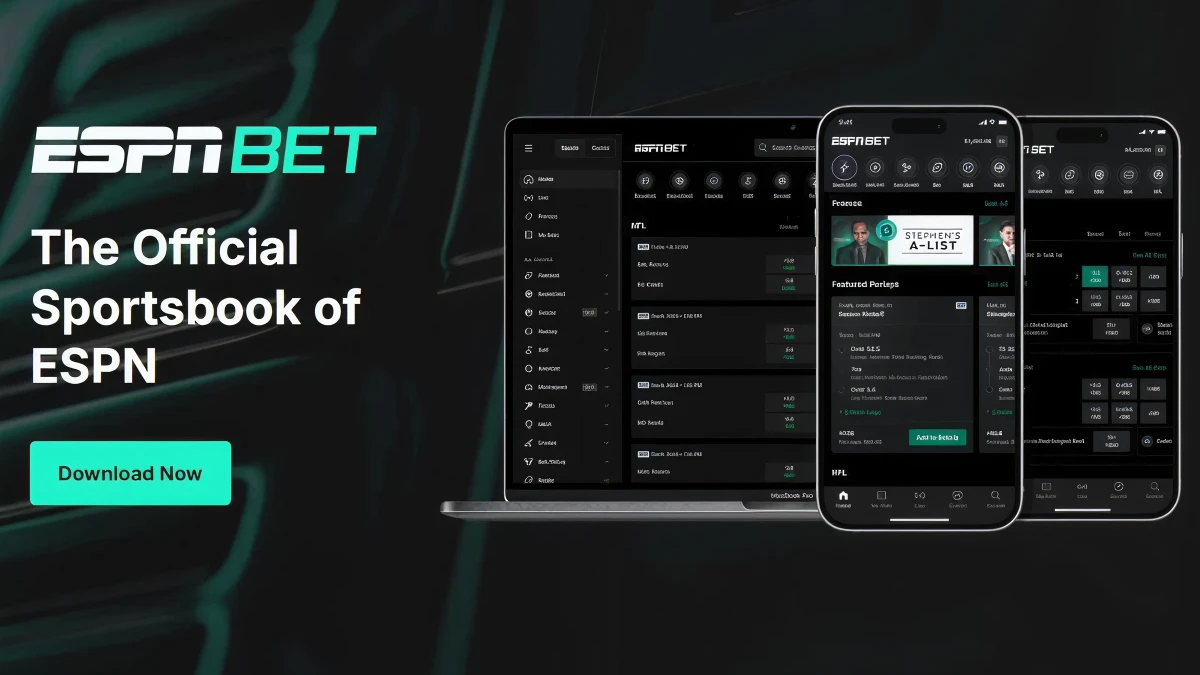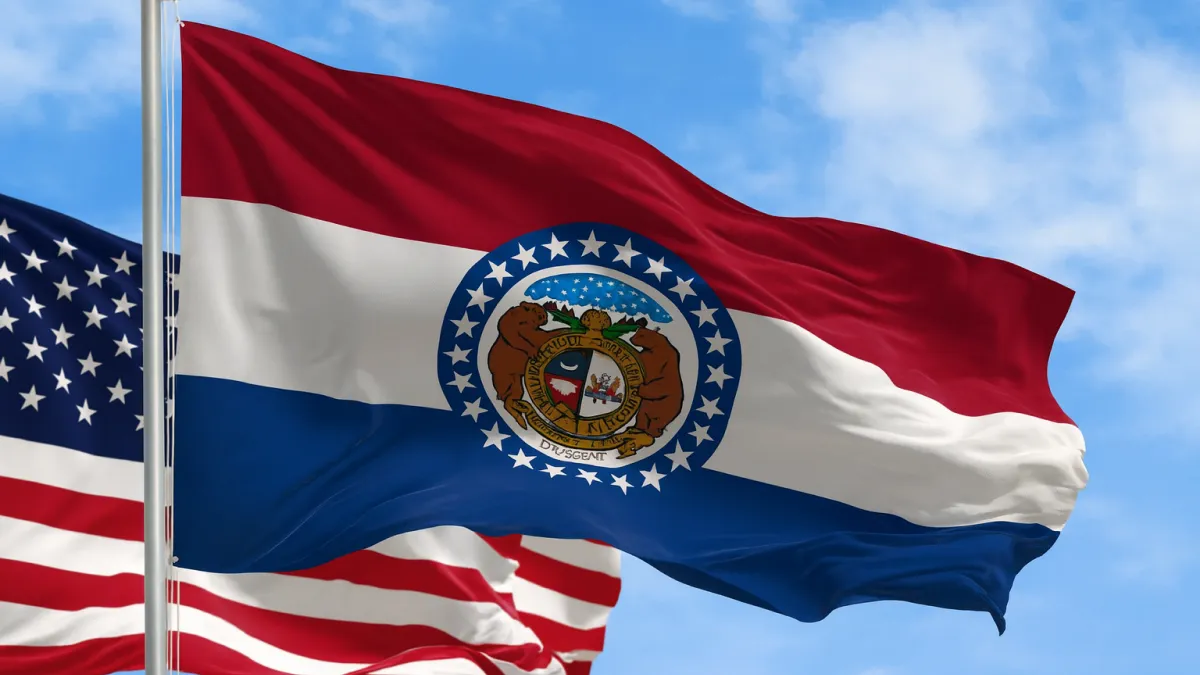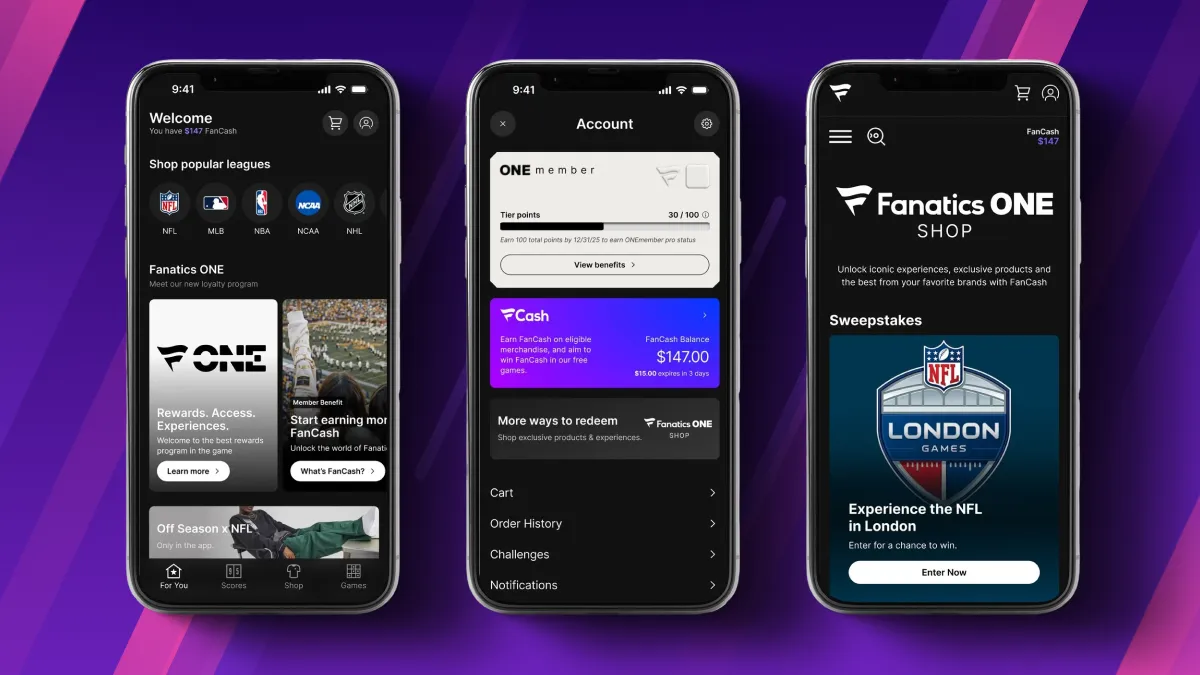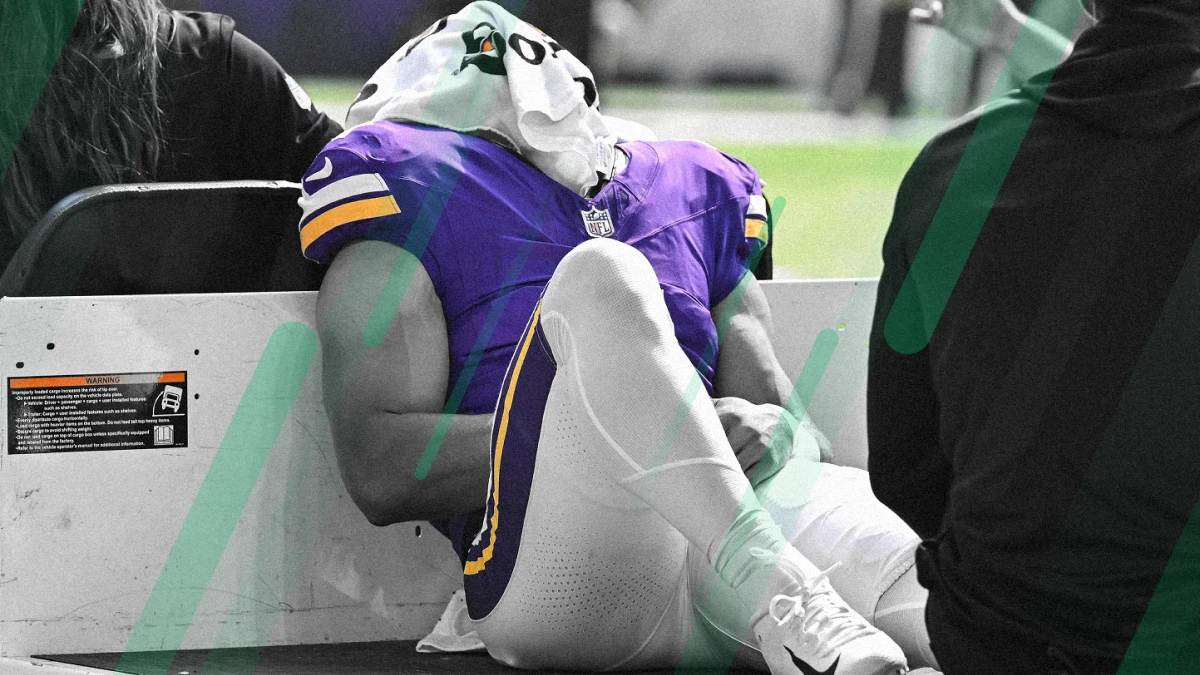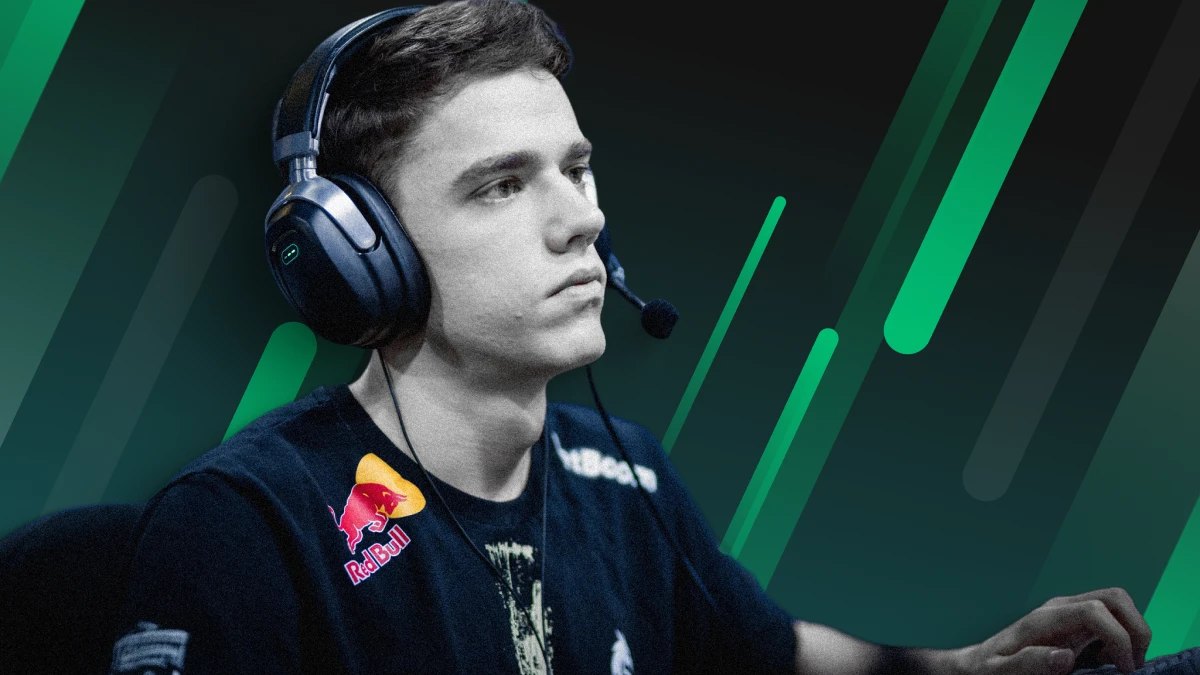Widespread Criticism for Polymarket's Betting Market on the California Wildfires

1.0
Default
There has been rampant condemnation for crypto-based prediction platform Polymarket for its role in creating betting markets on the Los Angeles wildfires. The wildfires have resulted in the deaths of 24 people and have destroyed thousands of homes and businesses in California. Polymarket is banned from operating in the United States but this could be evaded, experts say.
Polymarket, a cryptocurrency-based prediction platform, is under fire for launching betting markets centered around the devastating Los Angeles-area wildfires. These fires have claimed a minimum of 24 lives and destroyed approximately 12,000 homes and businesses along with other structures. Critics have condemned the company's actions as an unethical exploitation of a tragedy.
Criticism over "profiting from pain"
The backlash began when The Wall Street Journal reported on Polymarket's wildfire betting options. On social media platform X, some users expressed concerns that these markets might create "perverse incentives" for individuals to intentionally worsen the fires to profit from their bets. Bill Shaiken, a sportswriter for the Los Angeles Times, strongly criticized Polymarket, stating it should be condemned for "profiting off the pain of our community" and "betting on tragedy."
A spokesperson from Polymarket defended the company's actions, claiming their wildfire choices "address the same questions being discussed across cable news and X, but replace the punditry and speculation with transparent, probabilistic forecasts."
Controversial betting options
As of early this week, the platform continued to accept bets related to the wildfires. Its website featured a "Wildfire" icon or tab where users could wager on outcomes such as:
Whether the Palisades fire would be contained by January 19 or January 31.
If Karen Bass, the mayor of Los Angeles, would leave office before April.
The Pacific Palisades area, known for its celebrity residents and proximity to the Pacific Ocean, has been among the hardest hit. Fueled by strong winds and dry conditions, the fires have spread rapidly, displacing thousands and causing widespread destruction. Mayor Karen Bass faced criticism for being overseas in Ghana when the fires erupted. Upon her return, she encountered renewed scrutiny over past budget cuts to the city's fire department.
A history of controversy
Polymarket has drawn criticism before for its controversial betting markets. According to The Wall Street Journal, the New York-based company has a reputation for "pushing the envelope on good taste." Past markets have included bets on high-profile criminal cases, such as whether or not Luigi Mangione, who was arrested for the murder of UnitedHealthcare's CEO, would plead guilty.
While Polymarket is banned in the US, traders reportedly circumvent the ban, highlighting the challenges of regulating prediction markets.
The wildfires have also disrupted sports and entertainment in Los Angeles. NHL and NBA teams based in the city postponed home games due to safety concerns. The NFL playoff game scheduled on Monday between the Minnesota Vikings and Los Angeles Rams was relocated to Arizona, where the Rams secured a 27-9 victory. The Rams now prepare to face the Philadelphia Eagles in the next playoffs.
Prediction markets gain attention
In a related development, Donald Trump Jr. was named an adviser to Kalshi, another prediction market platform. Trump Jr. praised prediction markets for their ability to quickly reflect public opinion, citing his own use of Kalshi during the 2024 presidential election to anticipate results ahead of traditional news outlets.
Kalshi Chief Executive Officer Tarek Mansour lauded Trump Jr.'s insight, describing him as "very in tune with what the American people feel and want." Kalshi recently won a legal battle against the US Commodity Futures Trading Commission, which paved the way for legal election betting in the US. However, prediction markets remain in a legal gray zone, as stated by Wake Forest University economics professor Koleman Strumpf.
Ethical and legal questions persist
The controversy surrounding Polymarket demonstrates broader concerns about the ethical and legal boundaries of prediction markets. While proponents argue these markets provide valuable insights and probabilistic forecasts, critics question their moral implications - especially when they appear to capitalize on tragedies.
As the fires in Los Angeles rage on, the criticism of Polymarket is likely to intensify, fueling debates about the responsibilities of prediction market platforms in addressing sensitive and catastrophic events.








_800x800.webp)



